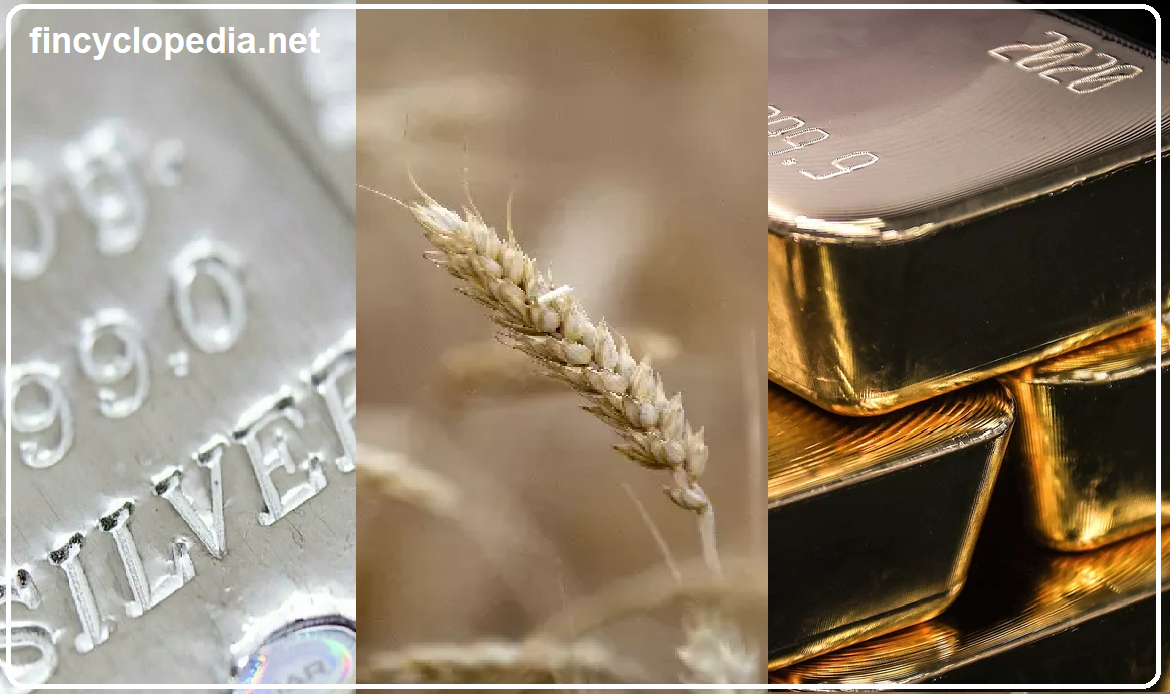It stands for special purpose entity; a legal entity (such as corporate entity, limited partnership, trust, etc.) that is formed for the sole purpose of achieving specific-nature or temporary financial objectives as set by the institution creating it. By nature, an SPE is a subsidiary that is set up, and belongs to, a parent company and is set up for plenty of reasons, including risk mitigation, asset compartmentalization, access to favorable borrowing rates, etc. Additionally, an SPE is usually able to operate from any jurisdiction, while its parent keeps its status in the jurisdiction that better fits its operations from a regulatory perspective.
In Islamic finance, SPE provides an effective tool for issuance of sukuk. Under an asset-backed sukuk structure (where sukuk have tangible assets as underlying, the SPE is typically created by the originator, which holds- ringfences- the assets to safeguard them from any actions that may be taken by creditors if the originator runs into financial difficulties. The SPV issues sukuk to raise funds needed for acquirement of underlying assets. The SPE acts as a trustee for sukuk-holders. Unlike conventional SPEs, an SPE in the context of Sukuk, is not a pass-through entity and rather is an entity(a business) in itself.
In sukuk al-ijarah, for example, the originator acquires the asset, and offers it to the SPE. The SPE, having purchased the assets, leases them back to the originator: at this point in time, the originator who passes on the income generated by leased assets to the sukuk-holders. At maturity of the sukuk, the originator purchases back the underlying assets at a nominal price.






